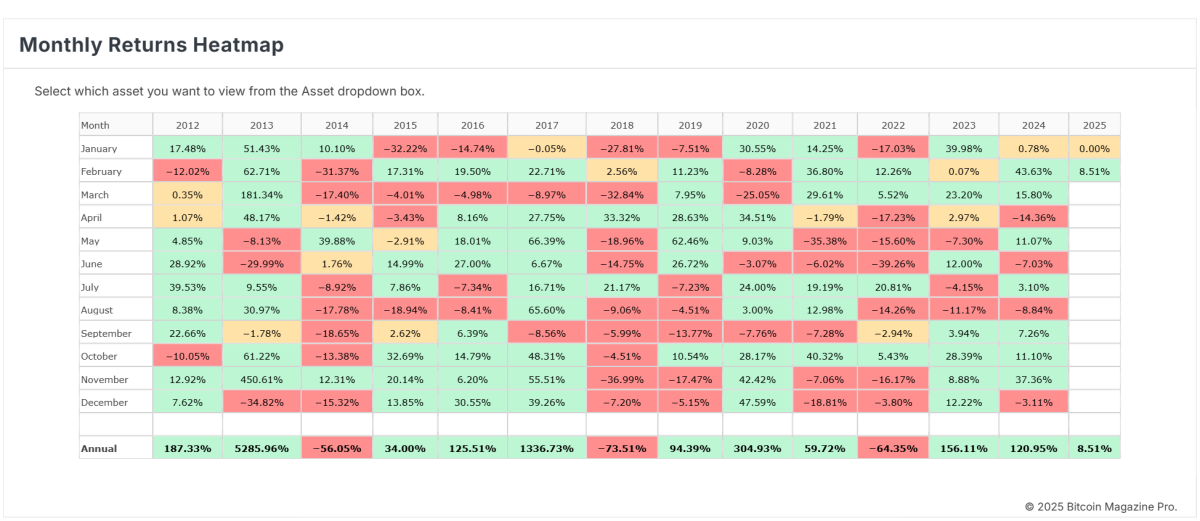Introduction
In today’s financial landscape, your credit score plays a pivotal role in determining your financial health and access to credit. Whether you’re applying for a mortgage, car loan, or even a credit card, your credit score can make or break your chances of approval and influence the interest rates you’ll be offered. Understanding the intricacies of credit scores and how to improve them is essential for anyone looking to secure their financial future.
Table of Contents
- What is a Credit Score?
- The Importance of a Good Credit Score
- Understanding Credit Score Ranges
- Factors Affecting Your Credit Score
- How to Check Your Credit Score
- Common Credit Score Myths
- Strategies to Improve Your Credit Score
- How Long Does It Take to Improve Your Credit Score?
- The Impact of Bad Credit and How to Rebuild
- The Role of Credit Counseling and Professional Help
- Conclusion
What is a Credit Score?
A credit score is a numerical representation of your creditworthiness, calculated based on the information in your credit report. Credit scores range from 300 to 850, with higher scores indicating better creditworthiness. Lenders use this score to assess the risk of lending money to you. The most commonly used credit scoring models are FICO and VantageScore.
Your credit score is determined by several factors, including your payment history, the amount of debt you owe, the length of your credit history, new credit inquiries, and the types of credit accounts you have. Each of these factors plays a different role in calculating your overall credit score.
The Importance of a Good Credit Score
Having a good credit score is essential for accessing a wide range of financial products and services. A higher credit score can lead to lower interest rates on loans and credit cards, saving you money over time. It can also increase your chances of being approved for new credit, renting an apartment, or even getting a job, as some employers check credit scores as part of their hiring process.
A good credit score demonstrates responsible financial behavior, which can be crucial when negotiating terms for large purchases like a home or car. It also provides a safety net in case of emergencies, as you are more likely to qualify for credit when needed.
Understanding Credit Score Ranges
Credit scores typically fall within the following ranges:
- Excellent (800-850): Individuals in this range have a strong credit history and are considered very low risk by lenders.
- Very Good (740-799): These scores indicate a solid credit history with few missed payments and low debt levels.
- Good (670-739): This range signifies a good credit history, but there may be some minor issues that lenders will consider.
- Fair (580-669): Individuals in this range may have some negative marks on their credit report, such as late payments or high debt levels.
- Poor (300-579): Scores in this range indicate significant credit issues, such as defaults or bankruptcy, and lenders view these individuals as high risk.
Factors Affecting Your Credit Score
Several key factors contribute to your credit score. Understanding these factors can help you take steps to improve your score and maintain good financial health.
Payment History
Your payment history is the most significant factor in your credit score, accounting for 35% of the total score. This includes your record of on-time payments for credit cards, loans, and other debts. Late or missed payments can have a substantial negative impact on your score.
Credit Utilization
Credit utilization refers to the amount of credit you’re using compared to your total available credit. It’s recommended to keep your credit utilization below 30% to maintain a good score. High credit utilization can indicate financial stress and may lower your credit score.
Length of Credit History
The length of your credit history makes up 15% of your credit score. This includes the age of your oldest credit account, the age of your newest account, and the average age of all your accounts. A longer credit history generally results in a higher credit score.
New Credit
Opening several new credit accounts in a short period can negatively affect your credit score, as it may suggest higher risk to lenders. New credit inquiries account for 10% of your score.
Credit Mix
Having a variety of credit accounts, such as credit cards, mortgages, and auto loans, can positively impact your credit score. This factor accounts for 10% of your score and demonstrates your ability to manage different types of credit responsibly.
How to Check Your Credit Score
Regularly checking your credit score is essential for maintaining your financial health. You can obtain your credit score through several methods:
- Credit Card Issuers: Many credit card companies offer free access to your credit score as a cardholder benefit.
- Credit Bureaus: You can purchase your credit score directly from the major credit bureaus (Experian, Equifax, and TransUnion).
- Free Credit Monitoring Services: Several online services provide free access to your credit score and credit report.
- Annual Credit Report: You’re entitled to one free credit report per year from each of the three major credit bureaus through AnnualCreditReport.com.
Common Credit Score Myths
There are many misconceptions about credit scores that can lead to confusion and poor financial decisions. Here are some common credit score myths debunked:
Myth 1: Checking Your Own Credit Score Lowers It
Checking your own credit score is considered a “soft inquiry” and does not impact your credit score. Only “hard inquiries,” such as when a lender checks your credit for a loan application, can affect your score.
Myth 2: Closing Old Accounts Improves Your Score
Closing old credit accounts can actually hurt your score by reducing your available credit and shortening your credit history. It’s usually better to keep old accounts open, even if you’re not using them.
Myth 3: Paying Off Debt Erases It from Your Credit Report
While paying off debt is a positive step, the history of the debt and payments will remain on your credit report for up to seven years. However, over time, the impact of negative items lessens.
Myth 4: You Need to Carry a Balance to Build Credit
Carrying a balance on your credit cards is not necessary to build credit. Paying your balance in full each month demonstrates responsible credit use and can improve your score without incurring interest charges.
Strategies to Improve Your Credit Score
Improving your credit score takes time and effort, but the rewards are well worth it. Here are some effective strategies to boost your credit score:
Pay Your Bills on Time
Consistently paying your bills on time is the most crucial step in improving your credit score. Set up automatic payments or reminders to ensure you never miss a due date.
Reduce Credit Card Balances
Lowering your credit card balances can significantly improve your credit utilization ratio and, in turn, boost your credit score. Aim to pay down high balances and keep your utilization below 30%.
Avoid Opening New Credit Accounts Unnecessarily
Each new credit application results in a hard inquiry on your credit report, which can temporarily lower your score. Avoid opening new accounts unless absolutely necessary.
Dispute Inaccuracies on Your Credit Report
Regularly










